New Partnership Investing in Black Businesses and Nonprofits
Tanya Jimale (right) and Melenese Richardson (left) of Jimale Technical Services review a strategic plan prepared with a UW Foster student consulting team. Photo: UW Foster.
The Black Future Co-op Fund, University of Washington Foster School of Business’ Consulting and Business Development Center (CBDC), and Bank of America are partnering to build generational sustainability of Black-led businesses and nonprofits across Washington state.
“Black businesses and organizations have long been vital contributors to Washington state, yet purposeful and persistent anti-Blackness has undermined their opportunity to thrive,” says Angela Jones, J.D., Fund architect and Washington STEM CEO. “Through this partnership, we’re intentionally investing in Black well-being and building the infrastructure for generational wealth.”
With support from the Black Future Co-op Fund and a $500,000 grant from Bank of America, the CBDC is working with Black-led businesses and organizations across Washington to provide tailored technical assistance, leadership development training, financial management guidance, and help accessing funding.
“The CBDC was founded 26 years ago by the first Black tenured faculty member at the Foster School and the first Black Dean of the Foster School,” said Frank Hodge, Orin and Janet Smith Endowed Dean of the UW Foster School of Business. “This partnership with the Black Future Co-op Fund and Bank of America will enable us to take the next big step in removing systemic barriers and creating opportunities for wealth creation in Black-owned businesses. The initiative also brings crucial support to Black-led organizations that are leading powerful work to enrich Black generational prosperity and well-being.”
A recent listening tour conducted by the Black Future Co-op Fund identified more than 500 Black-owned business and Black-led organizations across Washington, and found at least 65 of identified businesses have closed within the last year.
The Fund interviewed Black business owners who shared they have been hard hit by the Covid-19 pandemic and resulting economic recession. Most are under-resourced and operating with little to no profit margin. Black-owned businesses also face significant hurdles accessing resources, such as small business grants, loans, or lines of credit, or culturally informed technical assistance.
In response to the Black community’s feedback, this partnership is working to build the kind of support that will bolster Black prosperity over generations.
As part of this initiative, CBDC is expanding its board fellows program. Black graduate students at the UW will be matched with Black-led nonprofits for a 9-month board placement, bringing new skills and building the next generation of Black nonprofit board leaders.
Artists in Activism in Snohomish County and Takeall Foundation in Spokane are two of the Black-led organizations recently paired with graduate students. Both organizations are also working with the CBDC to strengthen their financial management and operations through the newly-formed partnership.
“Pervasive economic and social disparities only intensified during the global health crisis, and we see a clear and urgent need for intentional investment in and resources directed to Black businesses and nonprofit organizations,” said Jeremey Williams, market executive, Bank of America Seattle. “This investment is a further demonstration of Bank of America’s commitment to build local partnerships that help foster job creation, economic growth, and stability for Black-led Washington businesses that contribute so much to our community and economy.”
Bank of America’s contribution is part of a $1.25-billion, five-year commitment to advance racial equality and economic opportunity.

